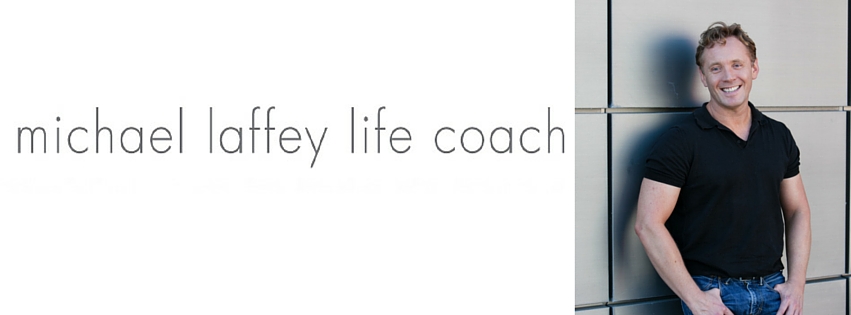What is Life Coaching?
I am often asked, ‘What is Life Coaching?’
The Elevator Pitch
The nearest analogy I can draw is that it’s a massage for the mind.
Why The Massage Analogy?
As with physical massage, Life Coaching addresses the knots and tensions which restrict our ability to function at our best. Sometimes massage is gentle, relaxing, soothing and mood enhancing. Other times massage is more vigorous (such as a sports massage) requiring more rigorous work with a client to address an issue.
If the problem goes deeper, then counselling or psychotherapy may be a preferred option.
So, why is life coaching not counselling?
Counselling generally addresses chronic concerns or trauma, working with the patient for some time while utilising therapeutic disciplines to address those concerns.
Coaching looks at where someone wants to be on a personal, career or developmental path. Goals may be identified, outcomes explored with skills, learning or resources brought together either in terms of recognition or as part of a developmental or iterative plan.
I’ve worked with clients who have tried coaching to then realise that counselling is a better option for their current situation. I think that’s a good thing. I’ve worked with clients who have previous or current experience of counselling and integrate coaching alongside. I’ve also worked with clients for whom coaching is not aligned with counselling or any other therapy and it’s about maintaining focus, having accountability and regular points to review what’s going in in personal, business or career pathways while sounding out their next steps.
Incorporating Life Coaching
Life Coaching can be tailored into a host of personal and professional situations.
The benefit of working with a life coach can be one or many of the following:
- Perspective – stepping outside our usual situation and observing it from a neutral space
- Modelling – defining and exploring frameworks which embody what we want
- Integration – seeing what works for us and how we can integrate these to improve upon our current situation. Think: facets of ourselves, our skills, our connections and support networks
- Feedback – this comes in two ways; what we experience and what we say about our experiences. A good coach will play back your own words and engage you in what you now know from your experiences
- Accountability – a coach can be an independent resource to check in with and monitor progress
- Ownership – taking action is an integral aspect of being in control of our options and outcomes
- Focus – placing what’s importand back in sight
- Purpose – re-setting the “what matters” barometer so that what you do makes sense and has meaning
- Chunking it down – when the vision feels too big or the outcome feels far away, life coaching can help with focusing on a few steps at a time to maintain connection and progress
This article was originally published 28th February 2012 and has subsequently been updated with related posts. See below.
*****
Related Posts
Mental and Physical Wellbeing – Coaching as part of a talking therapy strategy for mental and physical wellbeing
Why (I am) a Life Coach – How I became a Life Coach and why I love it
Why (Have) a Life Coach – To add to the list of reasons
Interview for Life Coach Hub – How I view my coaching style and where I see coaching progressing



